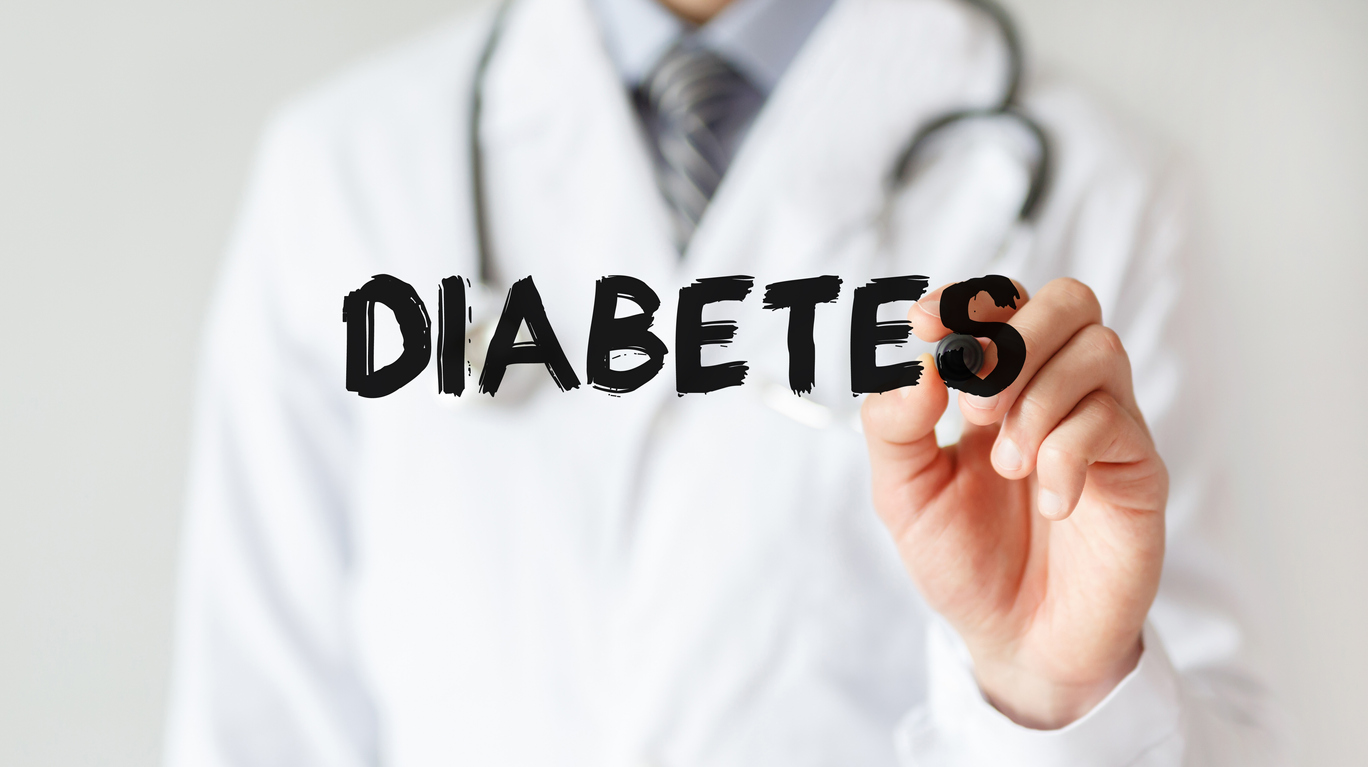Solid organ transplantation (SOT) is a treatment, not a cure, for people with an end-stage organ disease. On average, in recent years, it is estimated that 130,000 organ transplants are performed each year worldwide, with an unprecedented impact on the quality and duration of the life of patients with organ failure (GODT, 2017). Read more from the European Public Health Alliance.
Children with CKD more likely to be identified as hypertensive with 2017 guidelines
Based on both clinic and ambulatory blood pressure, children with chronic kidney disease are more likely to be grouped as hypertensive when using the American Academy of Pediatrics 2017 clinical practice guidelines vs. its 2004 guidelines.
Read the full story in Healio.
Flight delays for organs: Here’s why the donation transportation system needs to change
Anthony Depasquale’s lung transplant almost didn’t happen.
He had been in the hospital this spring with complications from COVID-19 on a ventilator and in a medically-induced coma for months. Read the full story in USA Today.
NFL Raises Voices of Columbia Heart Transplant Patients
What does 20-year-old Sam Prince remember about his childhood?
“I was stuck in a bubble for the first eight years of my life,” Sam says in a new NFL360 video(link is external and opens in a new window) about his mission to raise more awareness of organ donation. Born with a severe heart defect that required two surgeries before he turned 1, Sam couldn’t go to school during that time and couldn’t make a lot of friends. Read more from Columbia Irving Medical Center.
How Common is Cancer in Organ Transplant Recipients?
As an organ transplant recipient, you already “know” several things:
- You know what the anxiety and stress of end-stage organ disease feels like
- You know that your life has been improved after receiving your transplant
- You know that by taking care of your transplant, you can reduce the risk of rejection of the organ
Read the full story at CareDx.com.
Consumption of ultra-processed foods linked to cognitive decline
Consuming more than 20% of total daily calories from ultra-processed foods was associated with faster decline in cognition and executive function, researchers reported in JAMA Neurology.
Read the full story in Healio.
Ohio heart center 1st in world to study efficacy of diastolic heart failure treatment
Columbus-based Ohio State University’s Richard M. Ross Heart Hospital is the first in the world to study the clinical benefits of a device used to treat diastolic heart failure.
Diastolic heart failure occurs when the heart muscle becomes stiff and does not allow blood to flow from the lungs into the heart. This causes blood to flood the first lower left heart chamber, then the upper left chamber and into the lungs.
Read more in Becker’s Hospital Review.
Lung abnormalities persist after COVID-19 hospitalization even without severe illness
Among patients previously hospitalized with COVID-19, researchers estimated that up to 11% had fibrotic patterning, according to a study published in American Journal of Respiratory and Critical Care Medicine. Read the full story in Healio.
UCSF Health Reaches 20,000 Organ Transplants
Cardiovascular Surgeons Perform the Health System’s First Donation After Circulatory Death Heart Transplant
UC San Francisco surgeons have performed the health system’s 20,000th solid organ transplant, making it just the third in the nation to reach that milestone. The surgery also marked UCSF Health’s first donation after circulatory death (DCD) heart transplant, a procedure performed by only about twenty health systems in the U.S. Read more from UCSF Health.
Innovation Is Critical to Stop Disparities in Diabetes Care
— We must explore how new technologies can help
Having spent over 30 years of my career in diabetes, first as a practicing diabetologist and later as a diabetes researcher, I’ve met many people with diabetes. And while diabetes care has evolved significantly over that time, I’m amazed that for many people, daily insulin management remains just as complex and manual as it was all those years ago, particularly for individuals with type 2 diabetes (T2D). Read more in MedPage Today.








